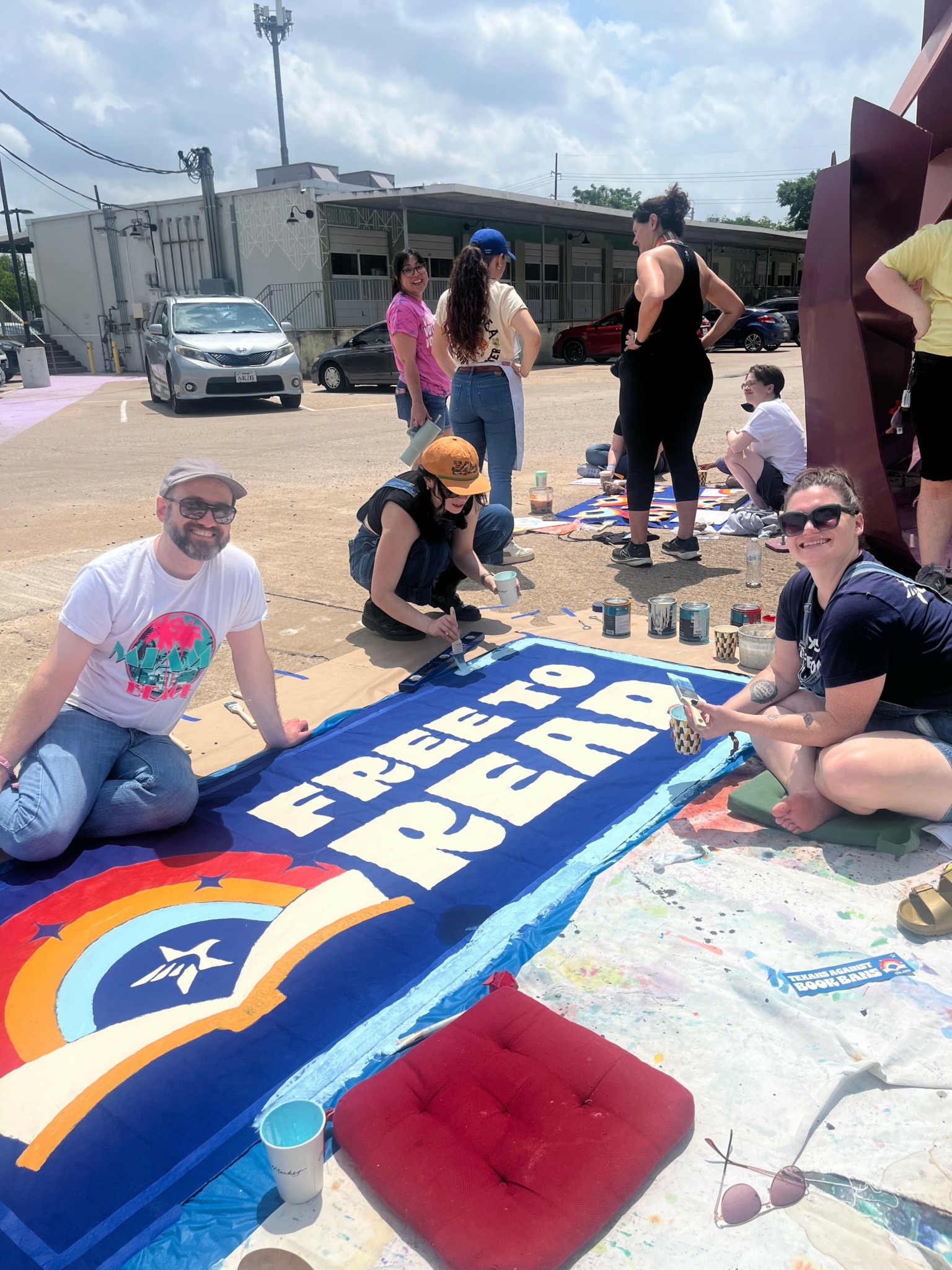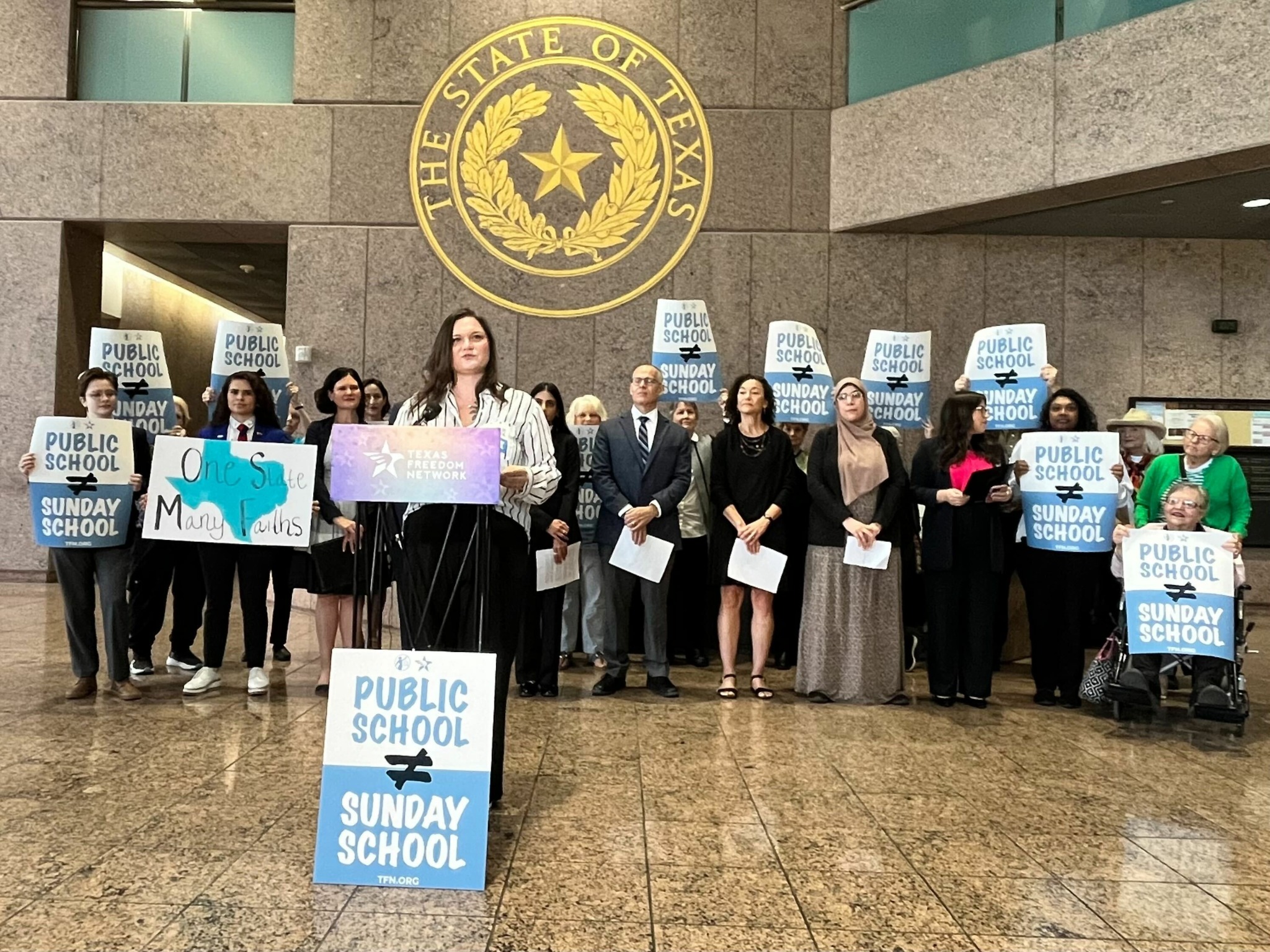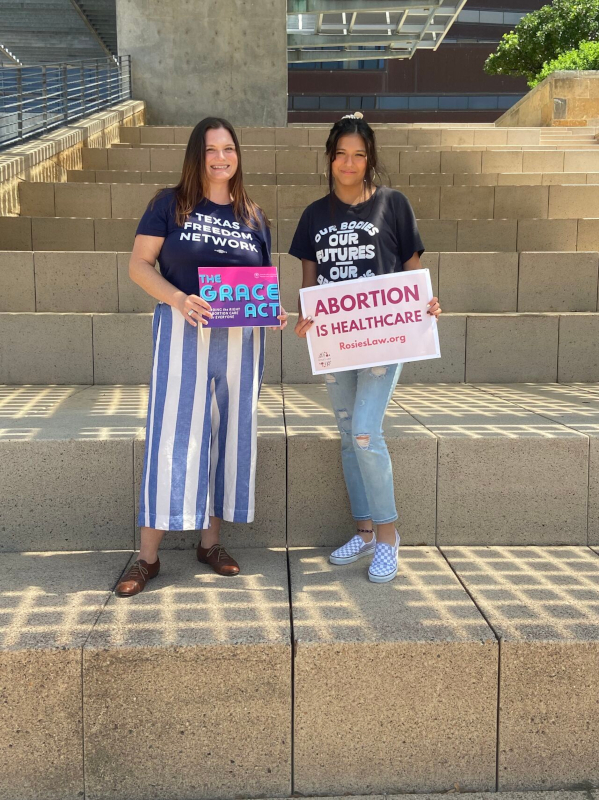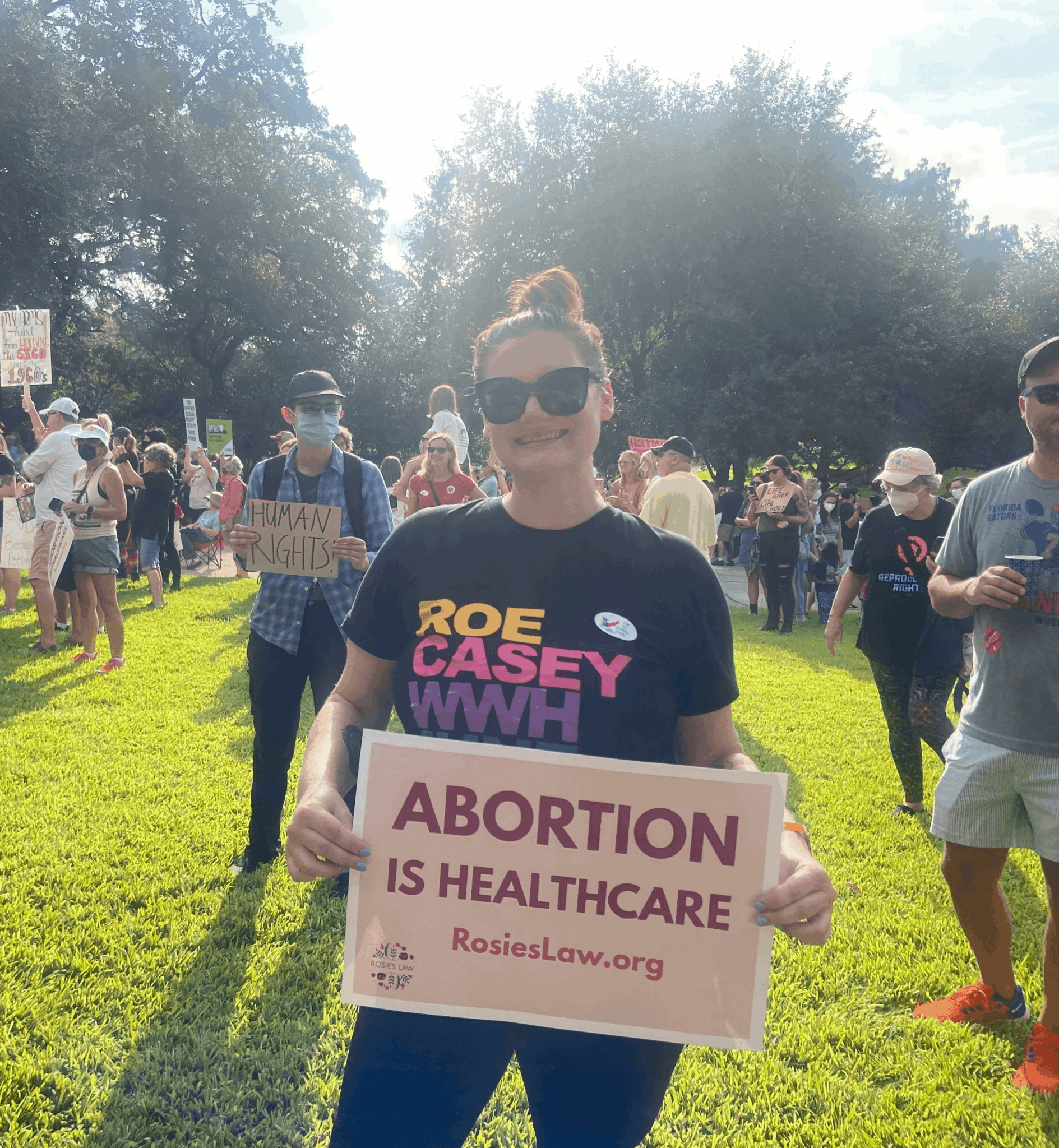We caught up with the brilliant and insightful Emily Witt a few weeks ago and have shared our conversation below.
Emily, appreciate you joining us today. One of our favorite things to hear about is stories around the nicest thing someone has done for someone else – what’s the nicest thing someone has ever done for you?
When I was a senior in high school, my English teacher plopped down next to me on the bus ride home from our senior trip — which was a meal at IHOP, laser tag, and a trip to the mall in rural Oklahoma — and told me that I should pursue writing professionally. That push and recognition as a young person changed my whole life, but this was not her first act of kindness in my life.
This teacher, Lisa Baker, had known me my whole life. Our town of Wilburton, Oklahoma, is small. But the church that both of our families attended was even smaller. Growing up in the Church of Christ, I often felt out of place in that evangelical community, where being LGBTQIA+ was considered a sin — something we were reminded of often.
I knew I was queer from a young age, and I often found the progressive values I held at odds with my faith values. But even though Mrs. Baker held the same faith values, she always made me feel loved, accepted, and seen.
She not only validated and fostered my talent, she inspired me to live as my full, authentic self.
Working in progressive advocacy, I meet people every day who never had an accepting adult in their lives until they were adults themselves. In many ways, her acceptance saved my life growing up in rural Oklahoma.
To be an artist and an activist is to crack your heart open and expand it. Mrs. Baker did that for me when I was 18, and it was a gift that steered the trajectory of my entire professional and personal life.
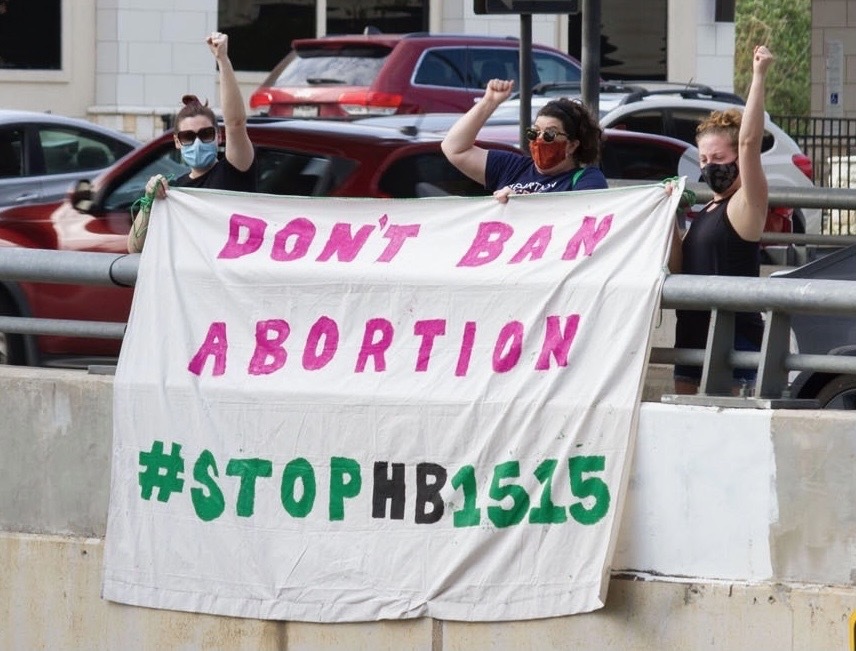
Emily, love having you share your insights with us. Before we ask you more questions, maybe you can take a moment to introduce yourself to our readers who might have missed our earlier conversations?
As a child, I loved words so much that I never put my books down. Even when crossing in front of busy streets and beeping cars. I penned my first play at the ripe age of seven, which followed a torrid love affair between the two lawn gnomes in my yard. Don’t worry — they’ve since reconciled, and their relationship continues to grow stronger each day.
Now, I pour that same passion for the English language into my Communications work for Texas Freedom Network, a multi-issue progressive & advocacy organization. I earned my BFA in Playwriting from Chicago’s DePaul University in 2017, where my play about our country’s barriers to abortion access, Mrs. Phu’s Cleansing Juices (and also salads), was given a mainstage production. Soon after, the play received a Distinguished Achievement Award for Playwriting from The Kennedy Center (an achievement that once felt much more prestigious).
Before my theatre and advocacy journey began in college, I found my love for writing and performance through Speech and musical theatre growing up in Wilburton, Oklahoma, where the arts were my outlet.
My upbringing in a rural, conservative area inspired my later career in advocacy work. I understand what it’s like to grow up in a religion and community where you don’t feel accepted, but I also understand the deep divides, cultural norms, and economic realities that drive rural voters to continuously elect leaders who put profits over people.
As the Comms & Media Strategist for Texas Freedom Network, I use this understanding to educate Texans about the policies that affect their everyday lives, how they can advocate for themselves and their neighbors, and how we can elect local and state leaders who will truly work for the people, instead of attacking us by chipping away at our reproductive rights, LGBTQIA+ equality, public education, voting rights, immigration rights, and more.
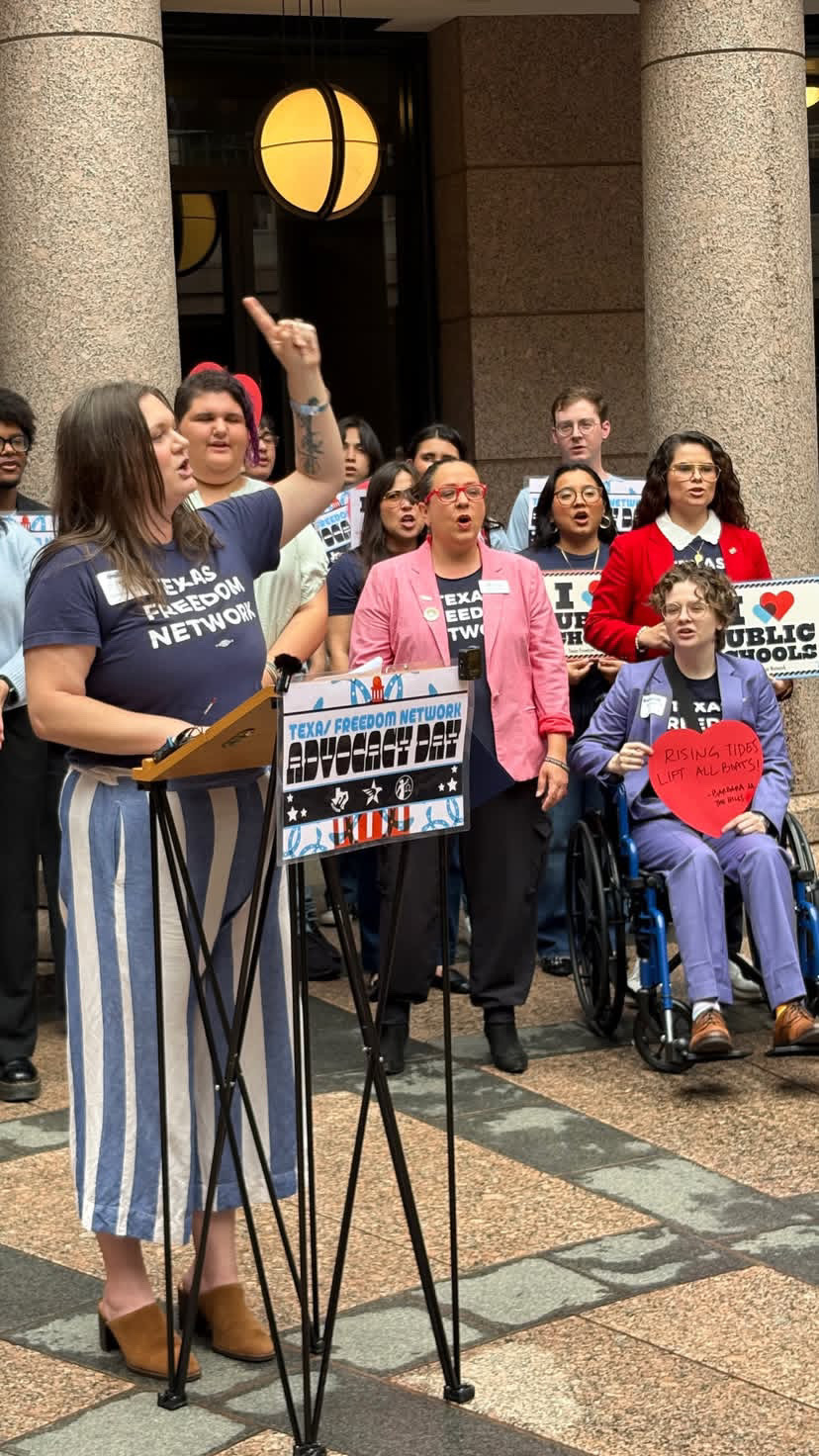
In your view, what can society to do to best support artists, creatives and a thriving creative ecosystem?
Like everyone in America, the lives and careers of creatives are controlled by the need to have health insurance, retirement funds, and other markers of economic stability. Without grant programs and state and federal-level policies offering non-traditional workers ways to pay for healthcare or save for retirement, we will continue to see that only artists from wealthy families are able to thrive creatively.
I personally work in advocacy because it’s a job that meets my creative needs, fulfills me, and offers financial stability. Yes, I’m passionate about my work. But I also need to pay the bills, like every other creative.
In many other countries, there are programs to help artists sustain a life and make art. The most realistic thing people living in America can do to help other creatives (and everyone else) is elect leaders who will fight for expanded universal healthcare, livable wages, and push back on the raging capitalism devastating working-class families.
Only then can we push for programs and policies that truly uplift artists.
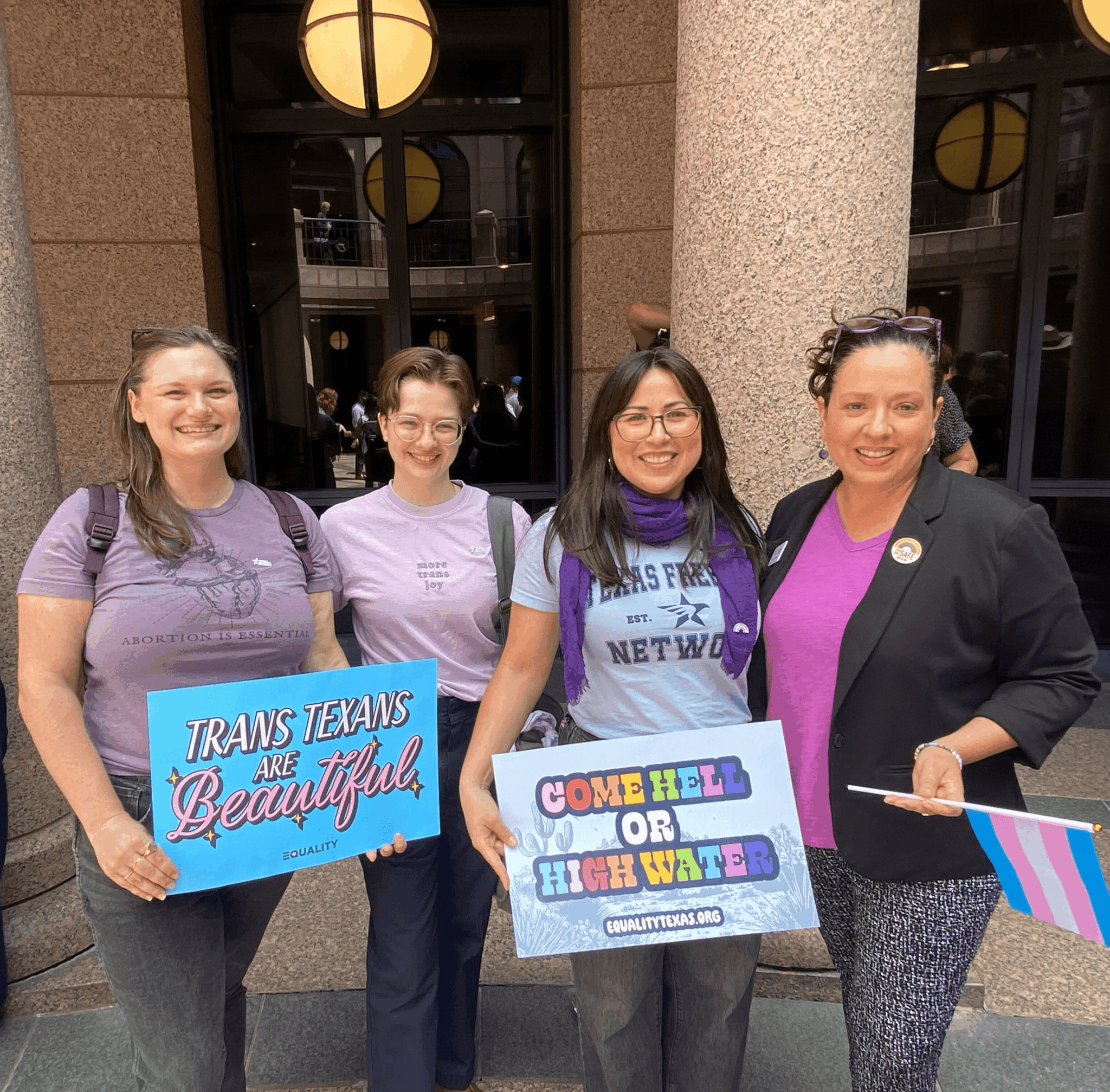
Is there mission driving your creative journey?
Both personally and professionally, I’m always seeking to build bridges of understanding and empathy.
I want people to understand how policy affects their daily lives and that they have the power to shape policy by voting, contacting their representatives, and running for office themselves.
Contact Info:
- Website: https://www.emilylwitt.com
- Linkedin: https://www.linkedin.com/in/emily-l-witt/
